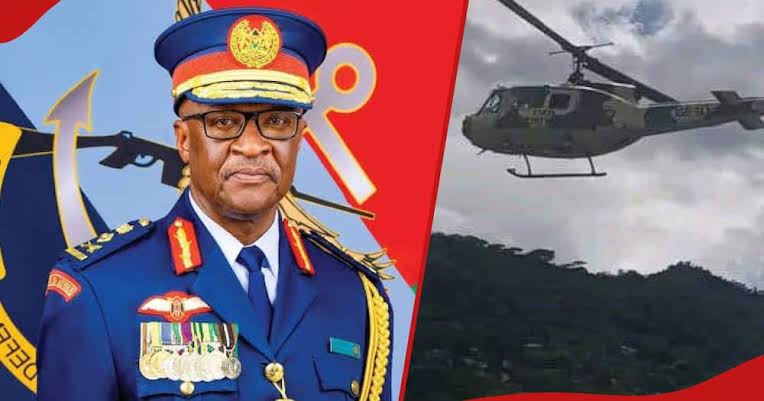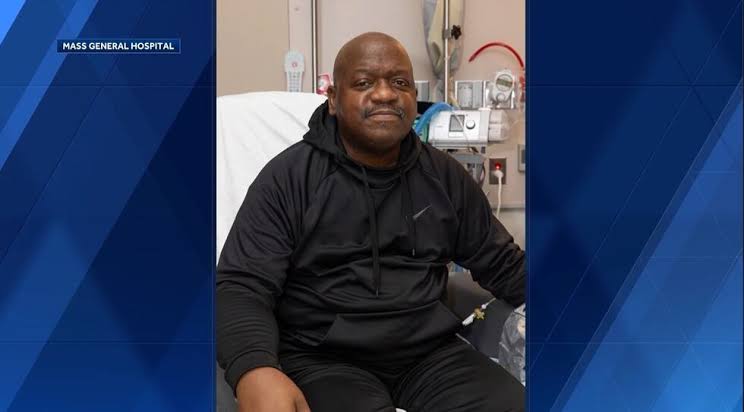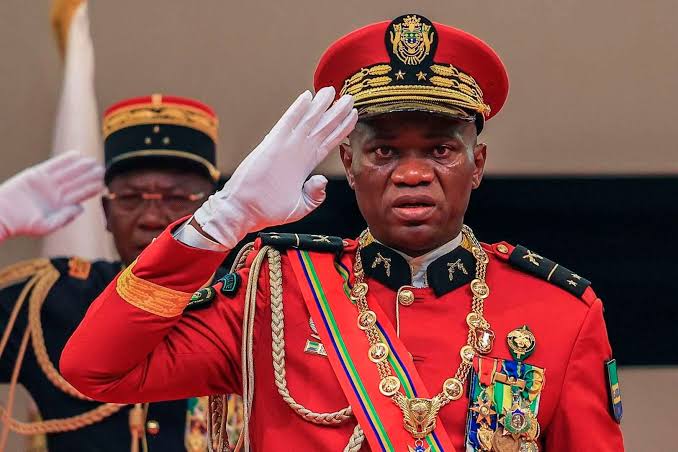
Faith Nyasuguta
Gabon’s General Brice Clotaire Oligui Nguema has faced a tumultuous journey grappling with military and civilian protocols.
His missteps, such as openly carrying a pistol during foreign visits and engaging in unconventional greetings, underscore his rapid transition into the political arena since orchestrating a bloodless coup on August 30 last year.
As the curtains rise on peace talks, Gabon finds itself at the epicenter of deliberations aiming to institute constitutional and institutional reforms. The nation’s tumultuous political landscape paints a stark picture, making it the final bastion on the continent to endure a coup.
Joining the ranks of Chad, Mali, Burkina Faso, Guinea, and Niger, Gabon stands as one of several African nations currently under military rule. However, this status quo has not gone unnoticed, with all except Chad facing suspension from AU activities due to their involvement in unconstitutional power transitions.
Facilitated by Archbishop Jean-Patrick Iba-Ba and initiated by Gen. Nguema himself, the peace talks kicked off on April 2, with scheduled continuance until April 30. These deliberations bear the weight of shaping Gabon’s future, marking a pivotal moment in the nation’s history.
At the heart of the dialogue lies a quest to restore civilian governance, charting a trajectory that leads to the formulation of a new constitution, slated for endorsement through a referendum preceding presidential elections in the ensuing year.
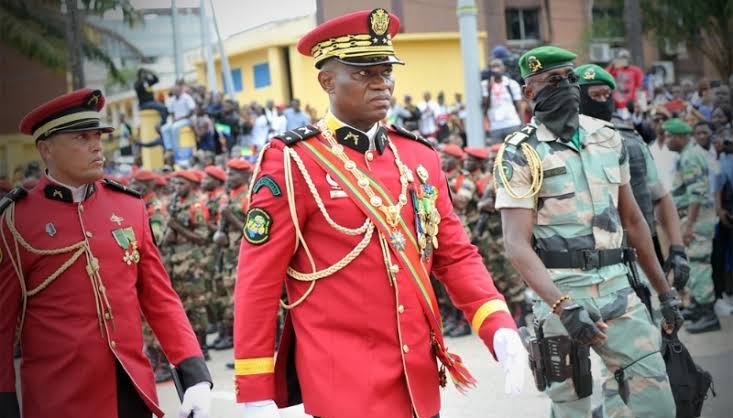
Amidst the optimism surrounding the peace talks, skeptics raise concerns regarding the composition of participants. With murmurs suggesting a prevalence of Nguema loyalists, apprehensions mount over potential biases that could skew outcomes.
Nonetheless, the delegates delve into a trove of proposals, numbering in the tens of thousands, sourced from diverse segments of Gabonese society. These suggestions offer a mosaic of perspectives, guiding the discourse towards reshaping Gabon’s socio-political fabric.
However, the dialogue’s backdrop is laced with political intrigue, as critics decry what they perceive as a veiled attempt to consolidate Nguema’s grip on power. Despite his initial assurances of a swift transition to civilian rule, murmurs within opposition circles cast doubt on the sincerity of his intentions.
Notably, Nguema ascended to the transitional presidency following the ousting of President Ali Bongo Ondimba, whose family’s dynastic rule spanned over half a century.
As the dialogue unfolds, echoes of past national conferences reverberate, evoking memories of unfulfilled promises and simmering discontent. Yet, Archbishop Iba-Ba remains steadfast in his plea for reconciliation, urging delegates to eschew the specter of vendettas and focus on forging a collective path forward.
However, questions loom large over Nguema’s ultimate intentions, with speculations rife that constitutional amendments could pave the way for his candidacy in the forthcoming elections.
In essence, the trajectory of Gabon’s political evolution hangs in the balance, teetering between the promises of a new dawn and the shadows of uncertainty.
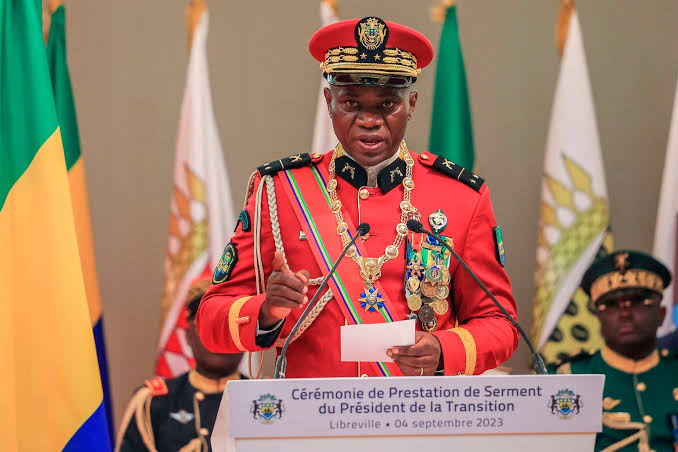
While Gen. Nguema’s ascent initially symbolized a departure from the past, lingering doubts cast a pall over the nation’s future. As Gabon navigates this crucible of change, its destiny remains intertwined with the decisions forged within the crucible of the ongoing dialogue.
RELATED:


